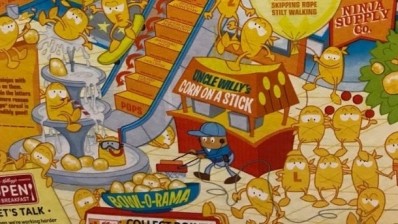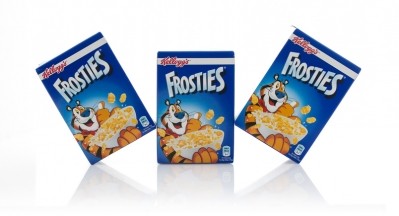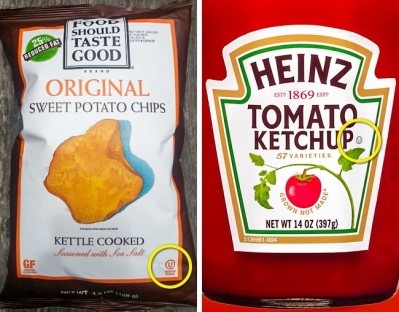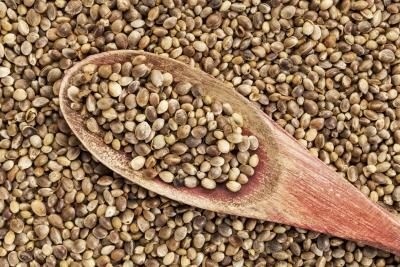Halal certification ‘unnecessary’ down under for Special K and Cornflakes, says Kellogg
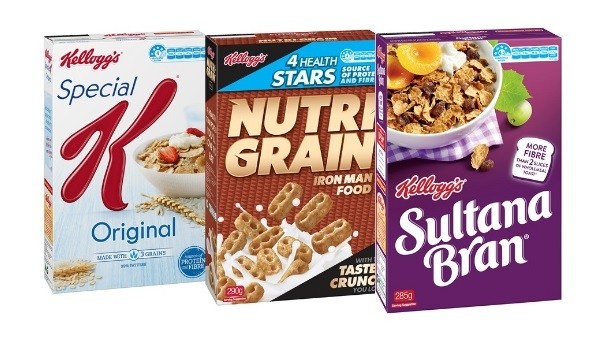
The two cereal giants made the decision not to renew their halal certification on products produced at their facilities in Australia, sparking a media frenzy.
Speculation has been rife that the move had been undertaken following mounting public pressure. A claim Kellogg rejects.
Stop the Islamization of Oz
The companies are among those under threat of boycott in the country, spawned by One Nation Senator Pauline Hanson earlier this year.
She urged Australians to stop buying halal-certified products, which she alleged are “financially supporting the Islamisation of Australia”.
Halal certification is used to signify that products strictly adhere to Islamic law and can be consumed by those of the Muslim faith. Particularly regarding meat, which requires a certain slaughtering process.
This warrants the involvement of a third-party Islamic group that will issue the certification for a fee, often drawing criticism.
According to Kellogg’s and Sanitarium, none of their products are produced using any meat or alcohol.
Their cereals are plant-based so the need for certification is unnecessary.
No pressure
“We chose not to renew our certification in 2016 as part of a regular review of all certifications for our foods. This was a commercial decision, not the result of any public pressure or backlash,” said a Kellogg’s spokesperson.
Both Kellogg’s and Sanitarium claim their products are not produced using any meat or alcohol.
Sanitarium added it had never needed to use halal or kosher certification symbols for its Australian or New Zealand products. It had only paid the fees in order to be able to export to 35 other nations.
According to the Dubai Chamber of Commerce, the global halal market has been estimated to contain 1.6 billion consumers and may be worth $1.6 trillion by 2018.
Market research analysts at Technavio predict that the market will grow steadily during the next four years and post a CAGR of close to 16% by 2021.
Kellogg All-Bran and Nutragrain will also drop halal certificate
Other product’s in the Kellogg’s line-up that will no longer be certified halal include the All-Bran, Crunchy Nut and Nutrigrain brands produced at its Australian factory only.
“Kellogg cereals are produced at different manufacturing facilities across the Kellogg global network. Each country and market has its unique set of consumer needs, so you’ll find Kellogg products will carry different certifications to best suit those needs,” the company’s spokesperson told BakeryandSnacks.
Halal Food Authority responds
Saqib Mohammed, chief executive of the Halal Food Authority told BakeryandSnacks the move is not appreciated at an industry level at large and is likely to demoralise loyal Muslim customer base.
"Had the company thought that the products were halal, it would not have requested certification in the first place.
"All certification comes with a fee; hence stopping one to claim self-certification potentially raise concerns on a company’s transparency and honesty about the claim, particularly when formulation or product specification changes," he said.
